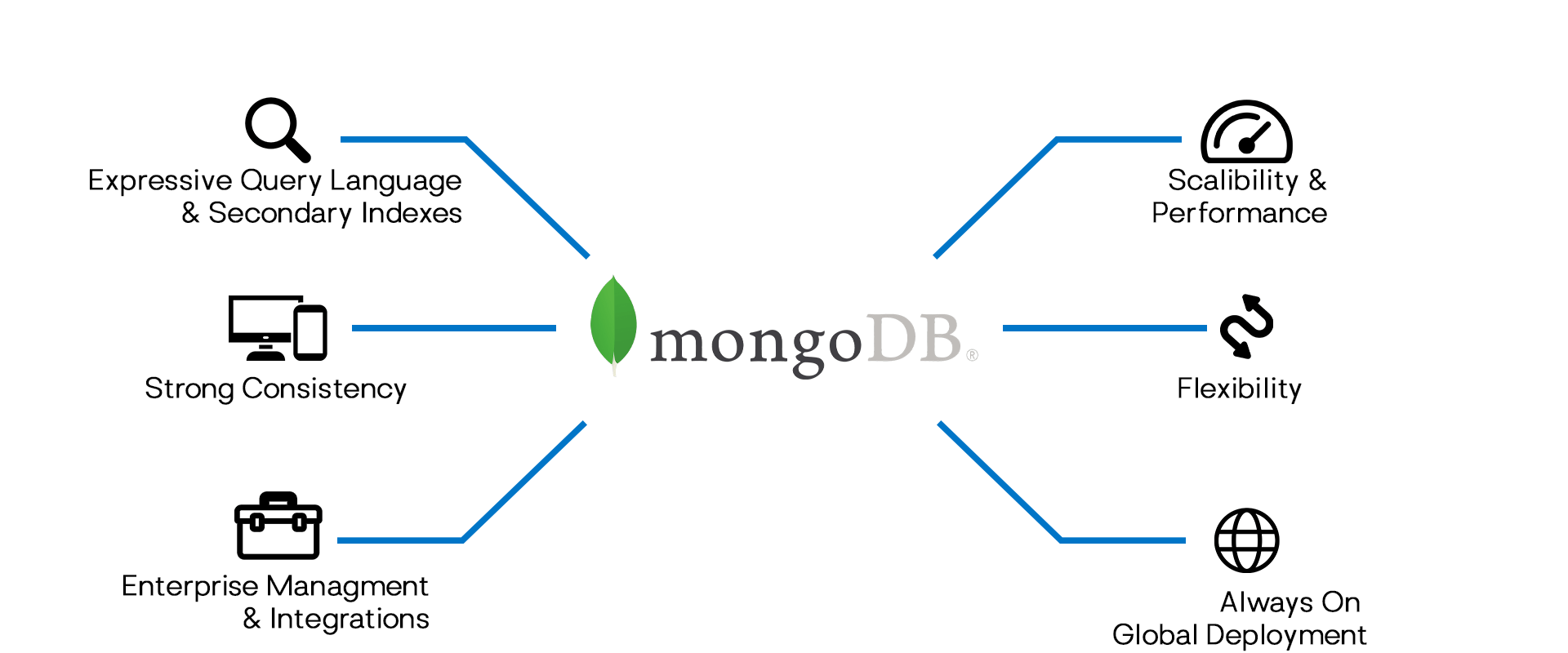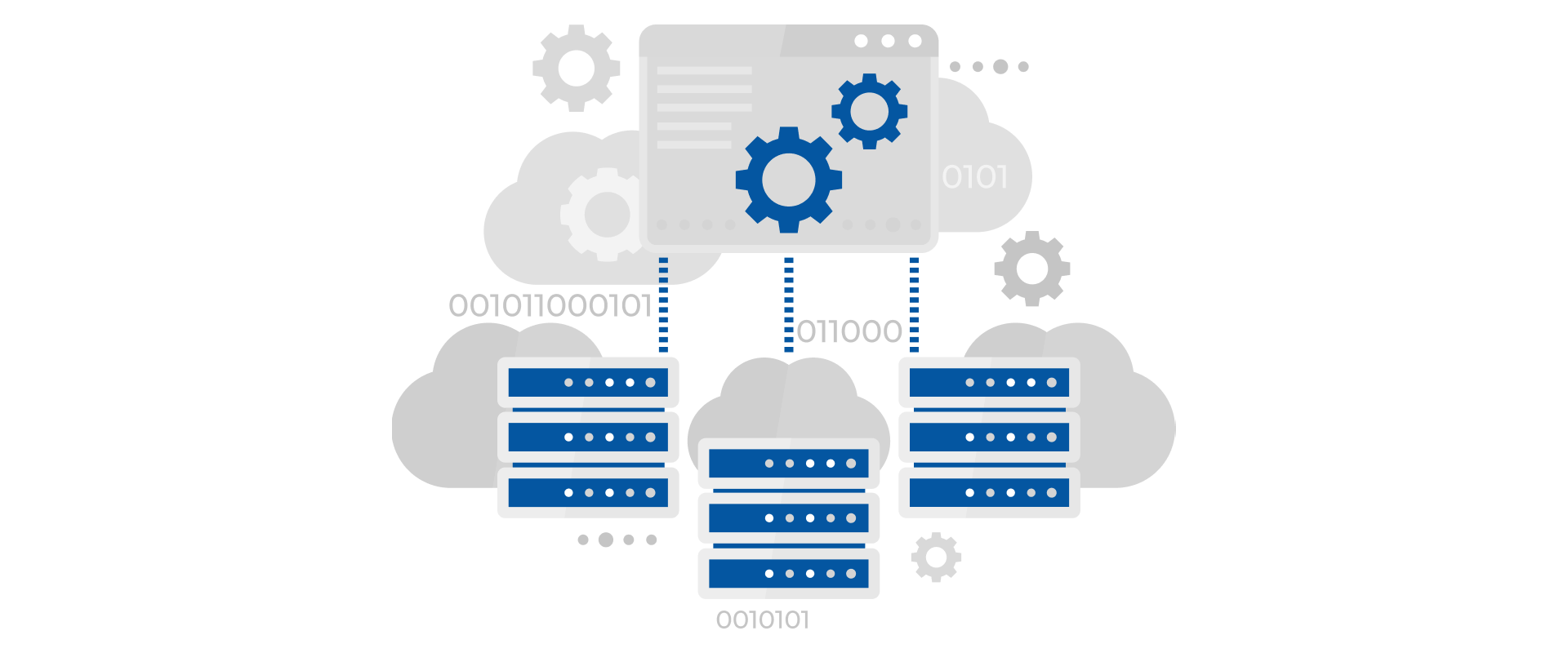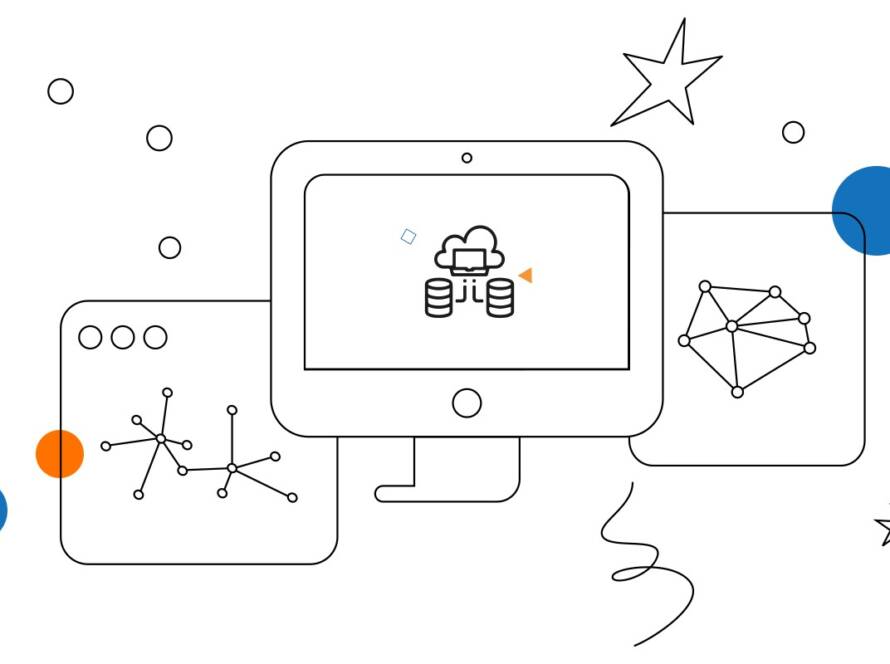The choice of database plays a pivotal role in determining the performance, scalability, and overall success of a mobile app. A well-suited database can significantly impact user experience, directly influencing data storage, retrieval, and manipulation within the app.
Two database solutions that have gained immense popularity in the mobile app development community are MongoDB and Firebase. Each of these databases offers distinct features and benefits, making them suitable for various use cases.
- MongoDB: A flexible NoSQL database suitable for real-time analytics, content management, and location-based apps.
- Firebase: A versatile Google-backed platform with real-time data synchronization, making it ideal for chat, gaming, and collaborative apps, along with various app development features

Reasons for Choosing the Right Database
- Data Management: Databases are responsible for storing and organizing the data that your mobile app relies on. A well-designed database will ensure that data is structured efficiently, making it easy to access and modify.
- Performance: The database’s performance directly affects the speed and responsiveness of your mobile application. A poorly optimized database can lead to slow load times, frustrating users, and potentially causing them to abandon your app.
- Scalability: As your app grows and attracts more users, the database must be able to scale to accommodate increased data and traffic. A database that can’t handle growth can result in system crashes and outages.
- Security: Protecting user data is paramount. The database must have robust security features to safeguard sensitive information and comply with privacy regulations.
- Cost Efficiency: Different databases come with varying costs. Choosing the right one for your application’s requirements can save you money in the long run.
What is MongoDB?
MongoDB is a NoSQL database that is designed for flexibility and scalability. It stands out from traditional relational databases by using a document-oriented model, where data is stored in flexible, JSON-like BSON documents. This approach allows for easy storage and retrieval of complex, semi-structured data, making it well-suited for various types of mobile applications.

Core Features of MongoDB
MongoDB offers several core features that make it a valuable choice for mobile app development:
- Document-Oriented: Data is stored in collections of documents, offering a more natural way to represent app data.
- Scalability: MongoDB can efficiently handle large datasets and is designed to scale horizontally, ensuring your app can grow with ease.
- Replication and High Availability: It provides built-in replication for data redundancy and high availability, minimizing downtime.
- Indexing: MongoDB supports various indexing options to optimize query performance.
- Aggregation Framework: A powerful feature for data analysis, filtering, and transformation.
Document-Oriented Database Model
MongoDB’s document-oriented database model means data is stored in documents that resemble JSON objects. Each document can have different fields, and you can perform complex queries on the data. This makes it a great fit for mobile apps with changing data structures or those that need to store geospatial data.
Use Cases and Industries
MongoDB excels in various use cases and industries related to mobile apps, including:
- Real-Time Analytics: Ideal for apps that require real-time data analysis and reporting.
- Content Management Systems: Perfect for apps that need to handle and display dynamic content.
- Location-Based Services: Well-suited for applications that rely on geospatial data, such as maps and check-ins.
- E-commerce: Efficiently manages product catalogs and user data for shopping apps.
Pros and Cons of Using MongoDB
Pros:
- Flexibility: Adapts to changing data needs, a common requirement in mobile app development.
- Scalability: Grows with your app, ensuring performance as the user base increases.
- Speed: Fast read and write operations due to its NoSQL nature.
Cons:
- Complex Queries: Some queries may be more complex to write than in traditional relational databases.
- Data Consistency: While MongoDB offers strong consistency, it may not suit applications with strict ACID requirements.
In conclusion, MongoDB’s document-oriented approach and versatile features make it a compelling choice for mobile app development, particularly for apps with dynamic data needs and scalability requirements. However, developers should consider the complexity of queries and the specific data consistency needs when choosing MongoDB for their mobile apps.
“The choice of database plays a pivotal role in determining the performance, scalability, and overall success of a mobile app.”
What Is Firebase?
Firebase is a comprehensive platform developed by Google, designed to simplify mobile app development and enhance the user experience. Let’s delve into Firebase’s role in mobile app development, explore its core features, discuss its ideal use cases, and weigh the pros and cons of incorporating Firebase into your mobile app development process.

Firebase Realtime Database and Firestore
Firebase offers two primary databases:
- Firebase Realtime Database: A NoSQL database that stores data in JSON format, facilitating real-time data synchronization across clients. It’s perfect for apps requiring instant updates, such as chat applications and collaborative tools.
- Firestore: A NoSQL, document-oriented database that offers scalability, offline support, and robust querying capabilities. Firestore suits applications with complex data structures, like e-commerce and content management systems.
Integration with Google Services
Firebase integrates seamlessly with various Google services, including Google Analytics and Google Cloud Platform, making it easier to access a wide range of resources and tools. It is a huge Breakthrough in AI Technology.
Use Cases and Industries
Firebase shines in numerous use cases and industries:
- Real-Time Apps: Perfect for applications requiring real-time features like live chat, multiplayer games, or collaborative document editing.
- Authentication: Offers straightforward authentication solutions, essential for virtually any mobile app.
- E-commerce: Supports the creation of scalable e-commerce platforms with Firestore’s capabilities.
- Media and Entertainment: Ideal for streaming and content delivery apps, thanks to Firebase’s cloud storage and real-time features.
Pros and Cons of Using Firebase
Firebase is a versatile and user-friendly platform that plays a pivotal role in mobile app development. Its real-time capabilities, integration with Google services, and extensive use cases make it a compelling choice. However, developers should consider the complexity of their data needs and potential vendor lock-in when opting for Firebase as their app’s backend solution.
Pros:
- Real-Time Data Synchronization: Firebase excels in real-time updates, ensuring users always have access to the latest data.
- User Authentication: Provides a secure and straightforward way to manage user authentication, essential for app security.
- Scalability: Firebase can accommodate app growth, making it a viable option for startups and enterprises alike.
Cons:
- Complex Queries: While capable, Firebase may be less flexible for complex queries compared to some other databases.
- Vendor Lock-In: Choosing Firebase may tie you to Google’s ecosystem, limiting flexibility in the long term.
Key Differences Between MongoDB and Firebase
In the context of mobile app development, MongoDB uses a document-based model, allowing for flexibility in data structures. Firebase, on the other hand, offers a real-time database that excels in instant data synchronization.
- Scalability and Performance
MongoDB is known for its scalability, making it suitable for apps with rapidly growing data needs. Firebase ensures real-time updates and is ideal for applications demanding instantaneous data updates.
- Data Security and Authentication
Both databases offer robust security features, but Firebase has integrated user authentication, simplifying user management for app developers.
- Cost and Pricing Models
MongoDB’s cost depends on usage and storage, while Firebase follows a pay-as-you-go model with a generous free tier.
The choice depends on your budget and the app’s expected usage.
- Developer-Friendliness
Firebase’s tight integration with Google services and its user-friendly console makes it an excellent choice for developers, while MongoDB may require more expertise to set up and manage.
“A well-designed database will ensure that the data is structured efficiently, making it easy to access and modify.”
When to Choose MongoDB or Firebase?
MongoDB is ideal for apps with dynamic data structures and scaling requirements while Firebase shines in real-time applications, including chat and collaborative tools.
What about hybrid solutions?
Consider combining both databases in your app to capitalize on their respective strengths. For instance, use MongoDB for storing complex data and Firebase for real-time features.
When deciding the final verdict for the Firebase vs MongoDB debate, consider the following factors:
- Project Requirements: Match the database to your app’s specific needs and goals.
- Development Team Expertise: Assess your team’s familiarity with the chosen database.
- Budget Constraints: Consider the financial implications of your choice.
- Data Structure and Complexity: Reflect on your app’s data model and how well it aligns with the database.
- Scaling Needs: Anticipate future growth and choose a database that can accommodate it.
Conclusion
In conclusion, the MongoDB vs Firebase debate for your mobile app should be based on a thorough evaluation of your project’s unique needs and goals. The database you select will have a profound impact on your app’s performance, user experience, and long-term success. It’s crucial to reiterate that the decision is not one-size-fits-all; each database has distinct advantages. Make an informed choice, prioritize the right database for your mobile app, and remember that a well-suited database can be a cornerstone of your app’s success.
Carefully assess your requirements, consider the factors discussed, and choose the database that aligns best with your project’s objectives. Ready to make the right choice for your mobile app’s database needs? Contact Exper Labs today for expert guidance on selecting the ideal database solution to power your app to success!



